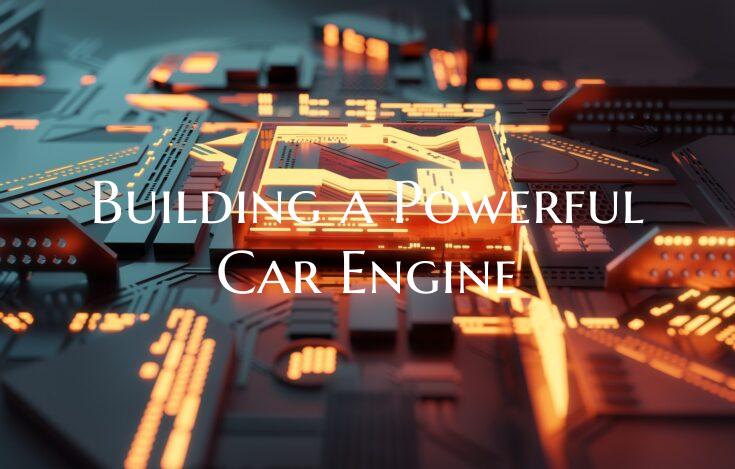Building a Powerful Car Engine
Building a powerful car engine is a thrilling endeavor that requires a combination of skill, knowledge, and passion for automotive engineering. Achieving peak performance from your vehicle involves understanding the factors that influence engine power and efficiency, as well as selecting the right components and tuning techniques to optimize performance. Here are some key steps to consider when embarking on the journey of building a powerful car engine:
1. Define Your Goals: Before starting any modifications, it's crucial to define your goals for the engine build. Are you aiming for increased horsepower, improved torque, better fuel efficiency, or a combination of these factors? Having a clear vision of what you want to achieve will guide your decisions throughout the process.
2. Selecting the Right Components: Choosing the right components is essential for building a powerful engine. This includes selecting high-performance parts such as camshafts, cylinder heads, intake and exhaust systems, and engine management systems. Each component plays a crucial role in optimizing engine performance, so it's important to research and select parts that are compatible with your goals.
3. Precision Assembly: Attention to detail during the assembly process is key to ensuring the engine operates at its peak potential. Properly torquing bolts, aligning components, and ensuring adequate lubrication are all critical steps in the assembly process. Working methodically and following manufacturer specifications will help prevent issues down the road and maximize engine performance.
4. Engine Tuning: Tuning is a crucial step in extracting maximum performance from your engine. This involves adjusting parameters such as fuel delivery, ignition timing, and air-fuel ratios to optimize power output and efficiency. Engine tuning can be done using standalone engine management systems or by working with tuning professionals to fine-tune performance.
5. Performance Testing and Fine-Tuning: Once the engine is built and tuned, performance testing is essential to validate the results and identify areas for improvement. Dynamometer testing can provide valuable data on horsepower, torque, and air-fuel ratios, allowing for adjustments to be made for optimal performance. Fine-tuning based on test results will help refine the engine's performance and ensure it meets your initial goals.
Building a powerful car engine is a rewarding journey that requires dedication, knowledge, and a passion for performance. By following these key steps and continuously striving for improvement, you can create a high-performance engine that delivers exhilarating power and driving experience. Remember, every engine build is unique, so don't hesitate to experiment and push the boundaries to achieve your automotive aspirations.

